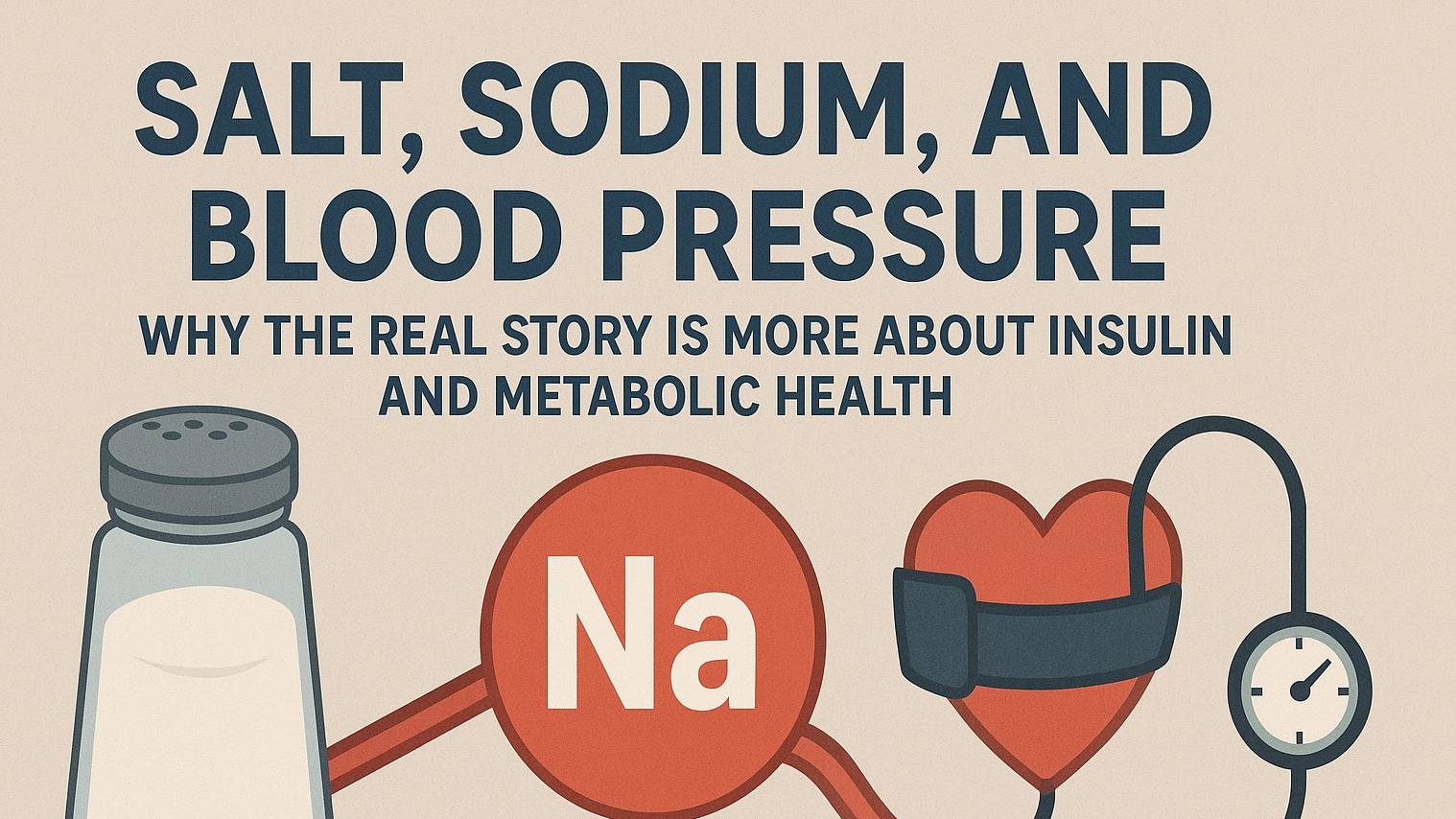
Achieving weight loss after 45 can be challenging due to hormonal changes, slower metabolism, and lifestyle factors. Here are strategies supported by evidence-based research to guide men and women towards healthier weight management.
1. Embrace Protein-Rich Diets
Increased protein intake helps preserve lean muscle mass during weight loss, especially vital as muscle loss accelerates with age.
Why it works: A study in The American Journal of Clinical Nutrition showed that diets high in protein (25-30% of total calories) increased satiety and metabolic rate.
Sources: Lean meats, fish, eggs, Greek yogurt, and plant-based proteins like lentils and quinoa.
Inspiration: “You don’t have to be extreme, just consistent.”
2. Strength Training
Resistance exercises help combat muscle loss and boost metabolism by increasing lean muscle mass.
-
Beginner Workout:
Bodyweight Squats: 2 sets of 10-15 reps.
Push-ups (modified or standard): 2 sets of 10-12 reps.
Dumbbell Deadlifts: 2 sets of 8-10 reps.
Planks: Hold for 15-30 seconds.
Research Insight: A 12-week double-blind study in Obesity found that combining strength training with a calorie deficit enhanced fat loss while preserving muscle.
3. Prioritize Fiber
Fiber promotes fullness and supports gut health, both critical for weight loss.
What to include: Vegetables, fruits, quinoa, chia seeds, flaxseeds, and legumes.
Study: Research in The Annals of Internal Medicine confirmed that increasing daily fiber intake to 30 grams significantly aids weight loss.
Inspiration: “Small steps lead to big changes.”
4. Incorporate High-Intensity Interval Training (HIIT)
HIIT burns calories in a shorter time and improves cardiovascular health.

-
Beginner HIIT Routine:
Warm-up: 5 minutes of walking, gentle jogging, or easy ride on stationary bike.
20 seconds: Fast-paced walking, jogging, or stationary bike.
40 seconds: Slow pace recovery.
Repeat for 10 minutes.
Evidence: A meta-analysis in Sports Medicine demonstrated that HIIT is more effective than steady-state cardio for fat loss in older adults.

5. Mindful Eating
Paying attention to hunger and fullness cues helps avoid overeating.
Practice: Slow down during meals, avoid distractions, and savor your food.
Research: A study in Appetite revealed mindful eating reduced calorie intake without the need for strict dieting.
Inspiration: “It’s not about perfect. It’s about effort.”
6. Time-Restricted Eating (TRE)
Aligning meals with circadian rhythms supports metabolic health.
How to do it: Eat within an 8-10 hour window, such as 9 am to 7 pm for a 14 to 16 hour fast. Make sure your last meal is at least 3 hours before bed time.
Evidence: A study published in Cell Metabolism found TRE improved fat loss and reduced insulin resistance.
7. Address Hormonal Changes
Hormonal fluctuations, especially in women during menopause, can hinder weight loss.
-
Solutions:
Speak with a healthcare provider about hormone replacement therapy (HRT) a very low dose of bioidentical hormones.
Focus on resistance training and balanced macronutrient intake. Don’t be intimidated if you don’t have weights or bands. Use your body weight to get started. Check out larsonhealthweightloss.com for workouts, healthy insights and recipes.
Study: Research in Menopause journal showed hormone replacement therapy (HRT) aids in preventing weight gain and body fat redistribution.
Inspiration: “Strength grows in the moments when you think you can’t go on, but you keep going anyway.”
8. Prioritize Sleep
Inadequate sleep disrupts hormones like leptin and ghrelin, increasing hunger.
-
What helps:
Aim for 7-9 hours of quality sleep.
Create a bedtime routine, getting to bed at the same time each night and waking at the same time each day, this will adjust your body to a regular schedule.
Limit screen exposure before bed. Put your phone, computer and turn off your tv at least an hour before bed. Read a book and expand your mind.
Study: Annals of Internal Medicine revealed dieters who slept 8 hours lost more fat compared to those who slept less.
9. Hydrate Smartly
Staying hydrated boosts metabolism and helps control appetite.
-
What to do:
Drink a glass of water before meals. This will help you not feel so hungry and help you eat less calories.
Replace sugary drinks with herbal tea or infused water.
Evidence: A study in The Journal of Clinical Endocrinology & Metabolism found that drinking 500 ml of water increased metabolic rate by 30%.
10. Manage Stress
Chronic stress elevates cortisol, leading to increased fat storage, especially around the abdomen.
-
Strategies:
Practice yoga or meditation.
Engage in hobbies you enjoy.
Try deep-breathing exercises.
Research: A Psychosomatic Medicine study found stress management techniques correlated with significant weight loss.
Inspiration: “Focus on progress, not perfection.”
11. Add Low-Impact Cardio
Walking, swimming, and cycling are gentle but effective ways to burn calories.
-
Routine:
30 minutes of brisk walking 5 days a week.
Swimming or water aerobics twice a week.
Study Insight: A 6-month study in PLOS ONE confirmed walking improved weight loss and cardiovascular health in adults over 45.
12. Supplement Wisely
Consider supplements to address nutrient deficiencies that may impact weight.
Options: Omega-3 fatty acids, vitamin D, and magnesium.
Evidence: A Nutrition Journal study linked omega-3s with improved fat metabolism and appetite control.
References
The American Journal of Clinical Nutrition: Effects of High-Protein Diets on Weight Loss.
Obesity: Role of Resistance Training in Fat Loss.
Appetite: Impact of Mindful Eating on Calorie Reduction.
Cell Metabolism: Benefits of Time-Restricted Eating.
Menopause: Effects of Hormone Therapy on Weight Gain.
The Journal of Clinical Endocrinology & Metabolism: Water-Induced Thermogenesis.
Inspiration: “Every day is a chance to get stronger, eat better, and live healthier.”
By integrating these strategies, anyone over 45 can make steady progress towards a healthier weight. Start with small changes, celebrate victories along the way, and remember—consistency is key.
 Add Row
Add Row  Add
Add 










Write A Comment